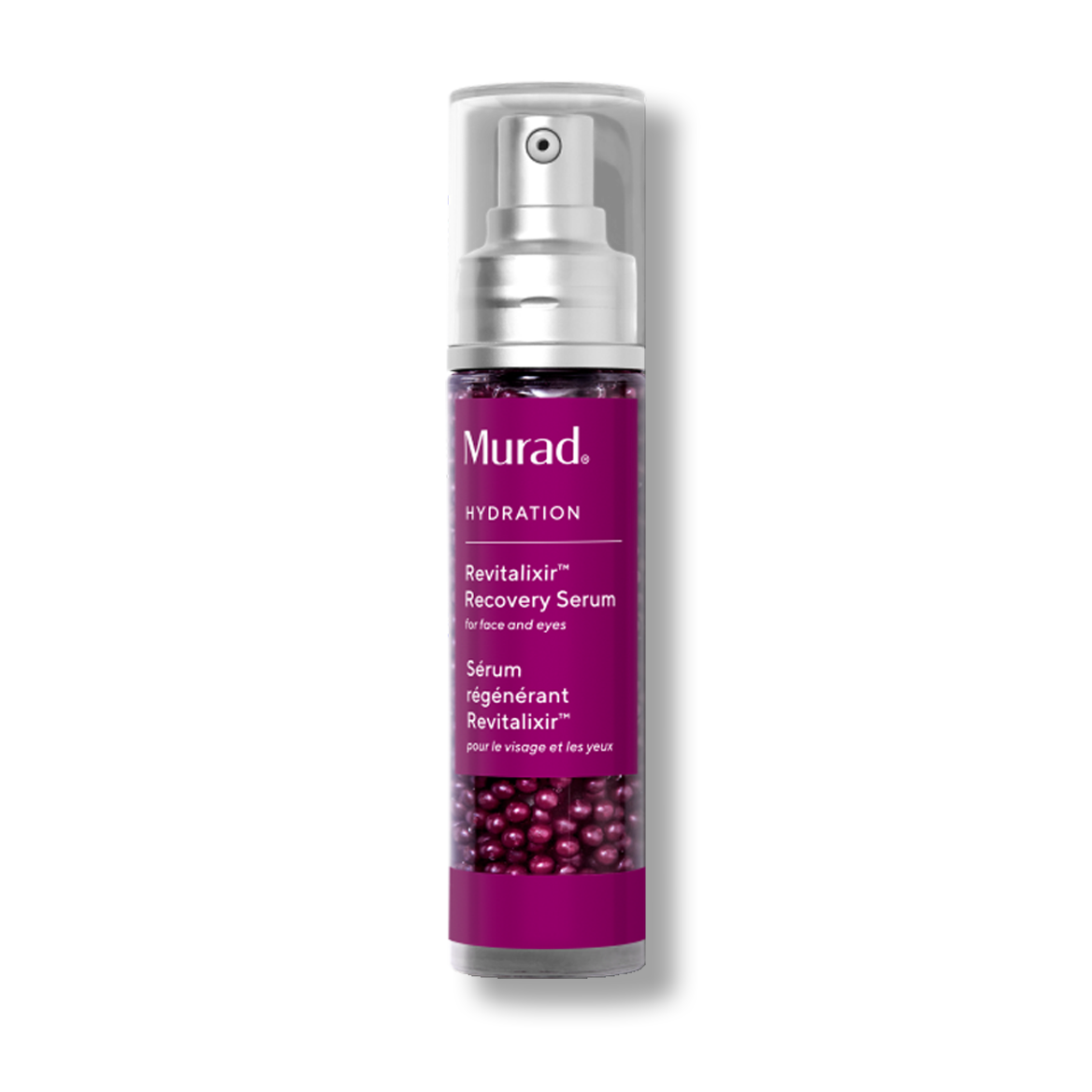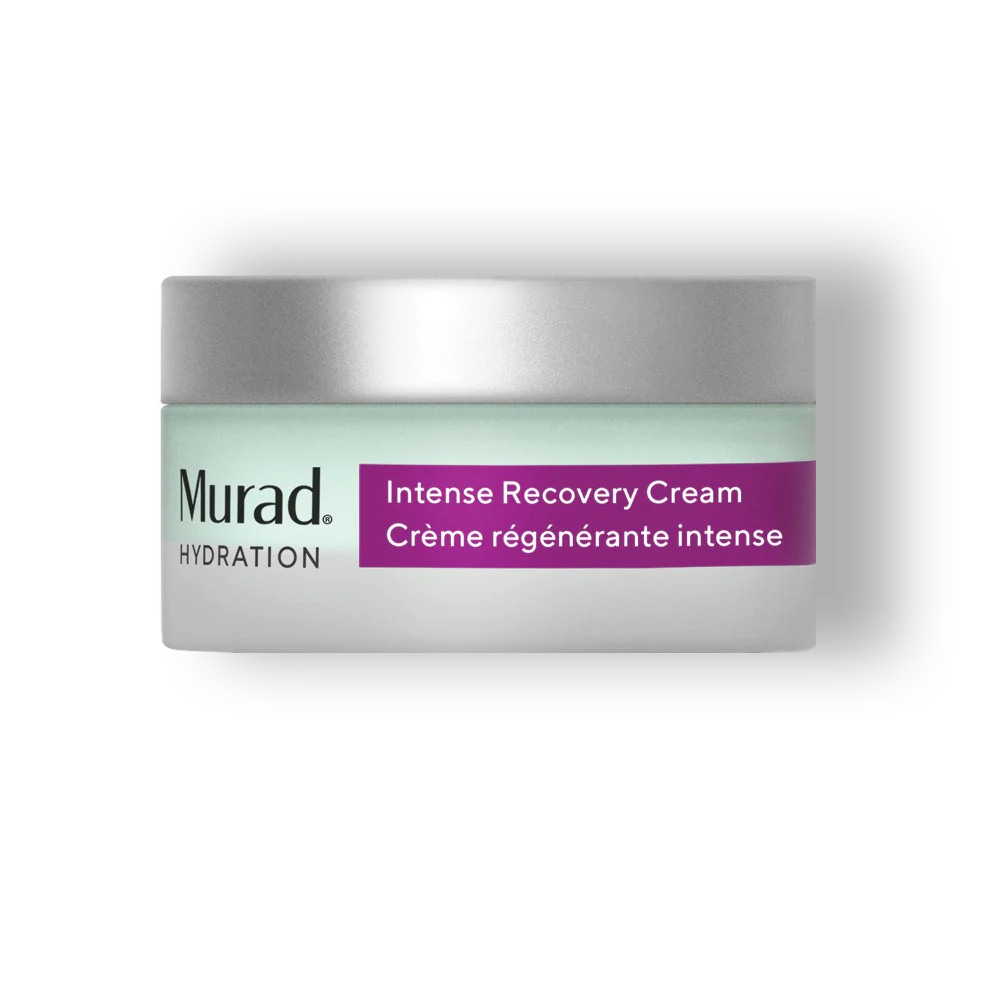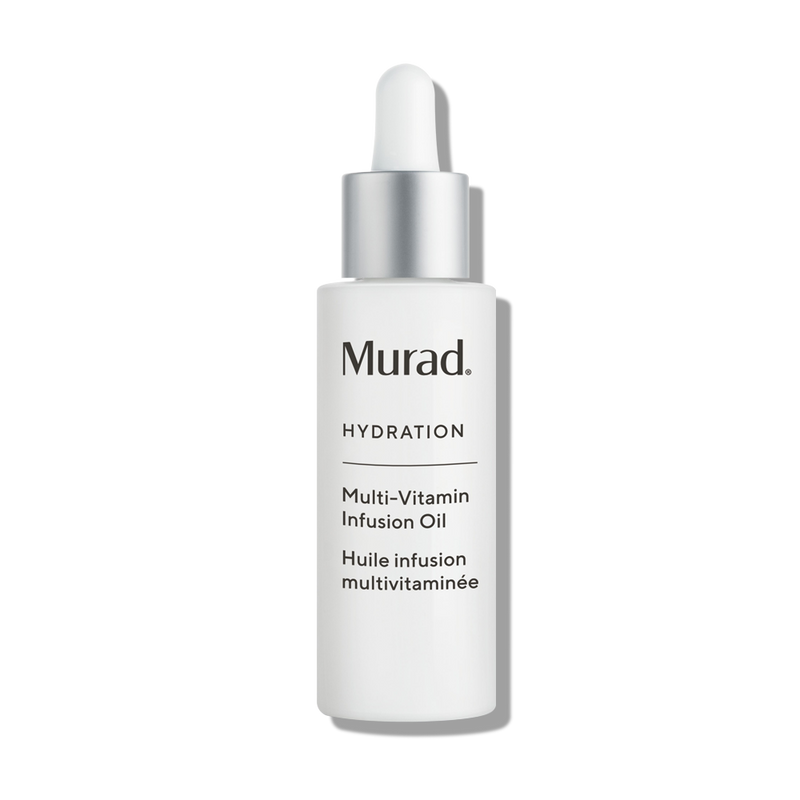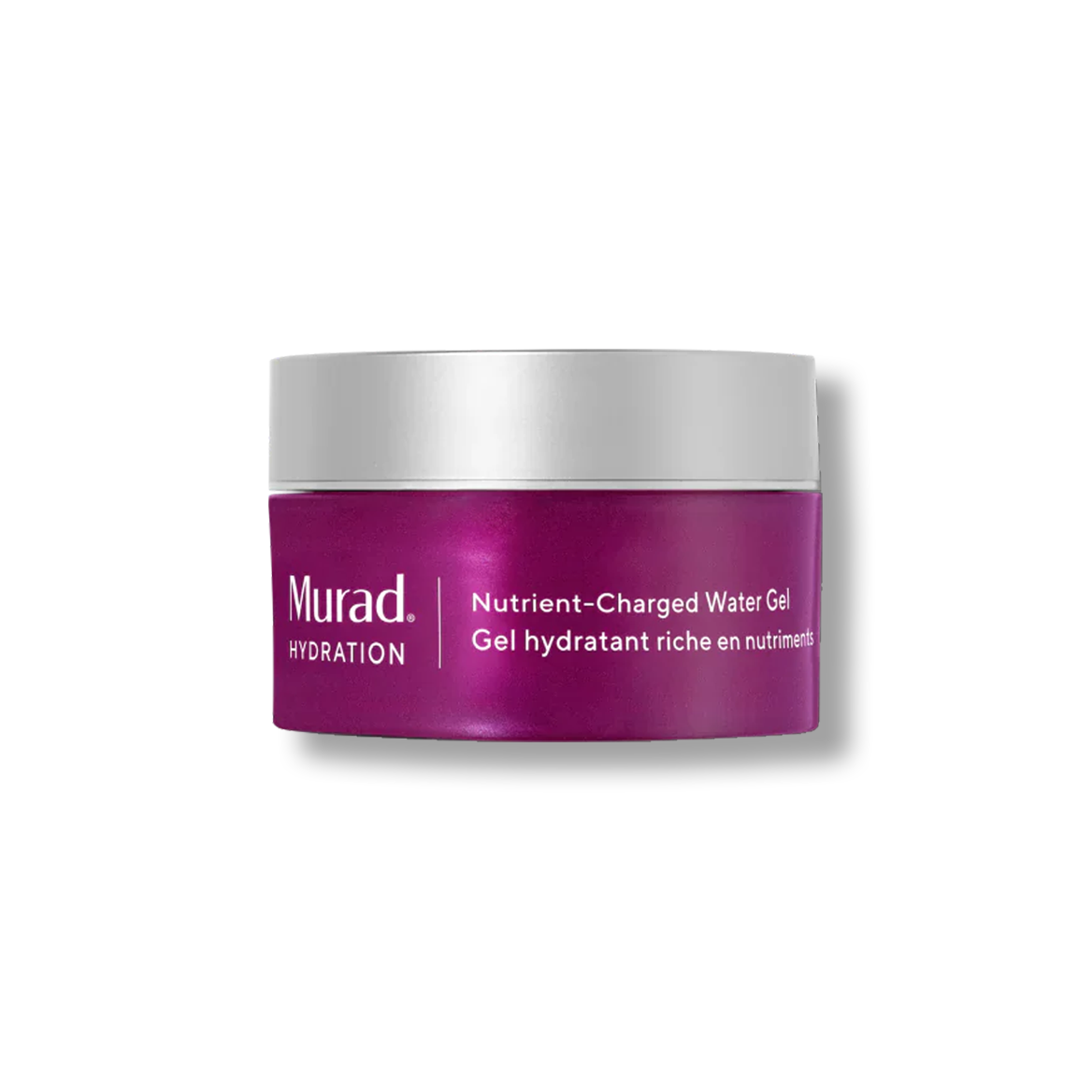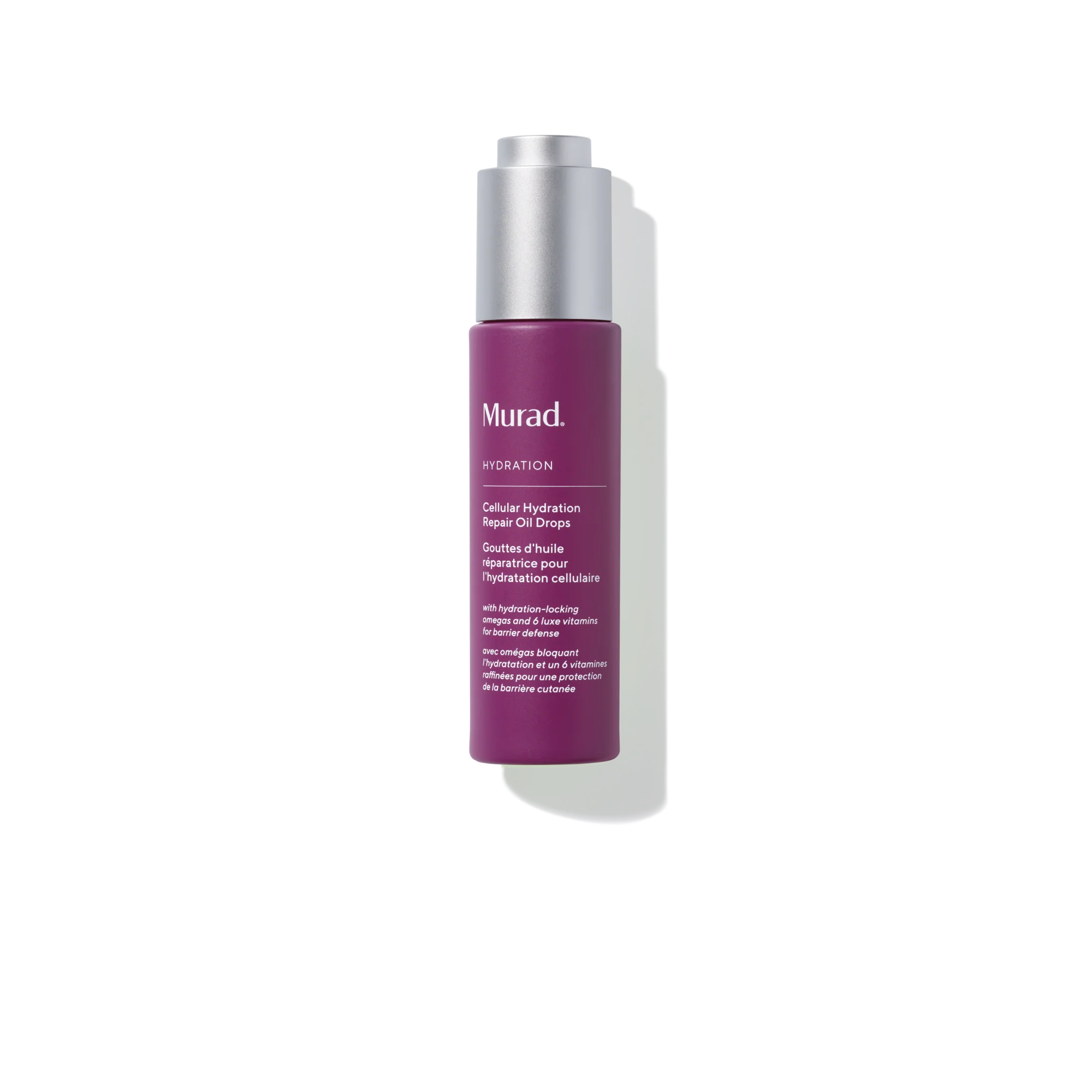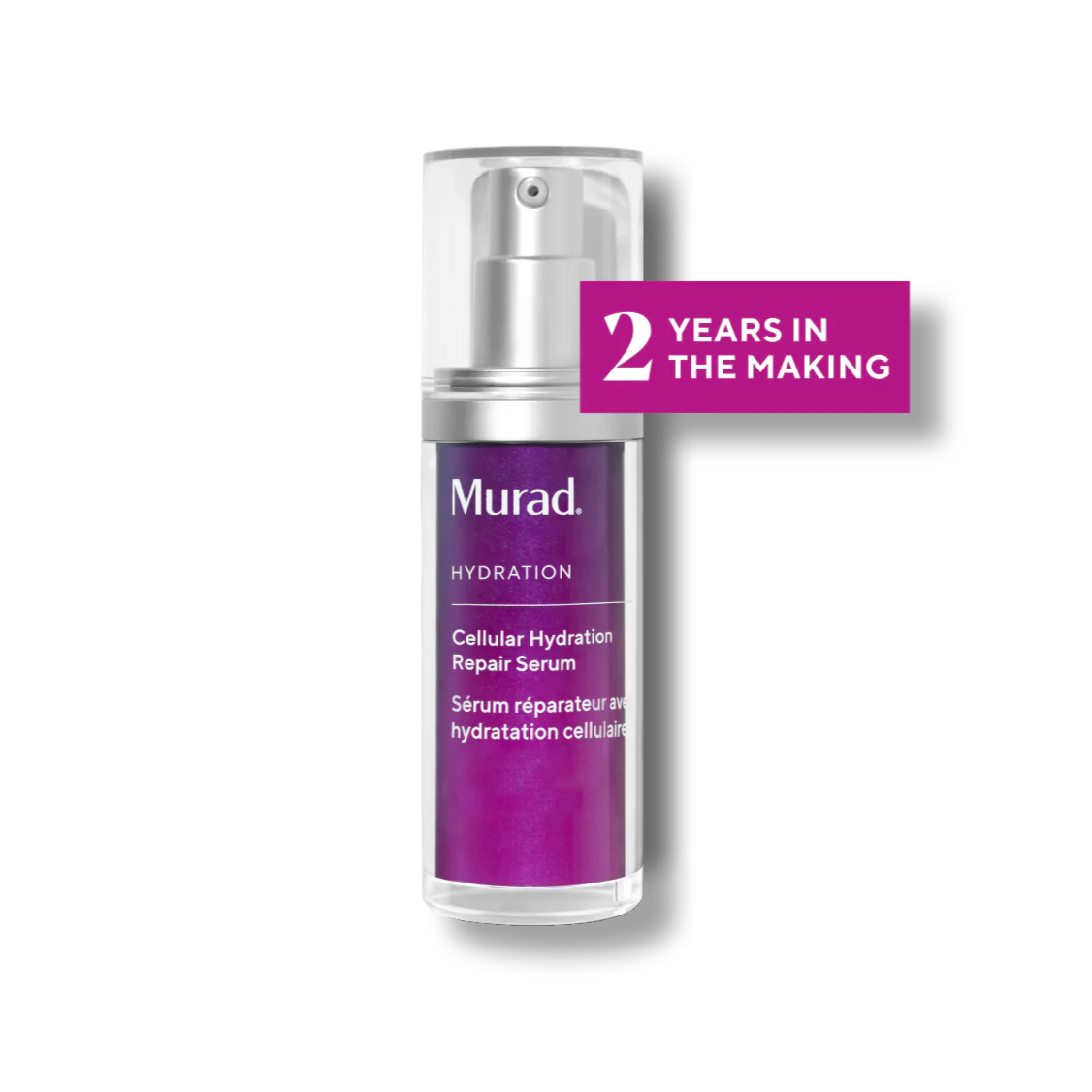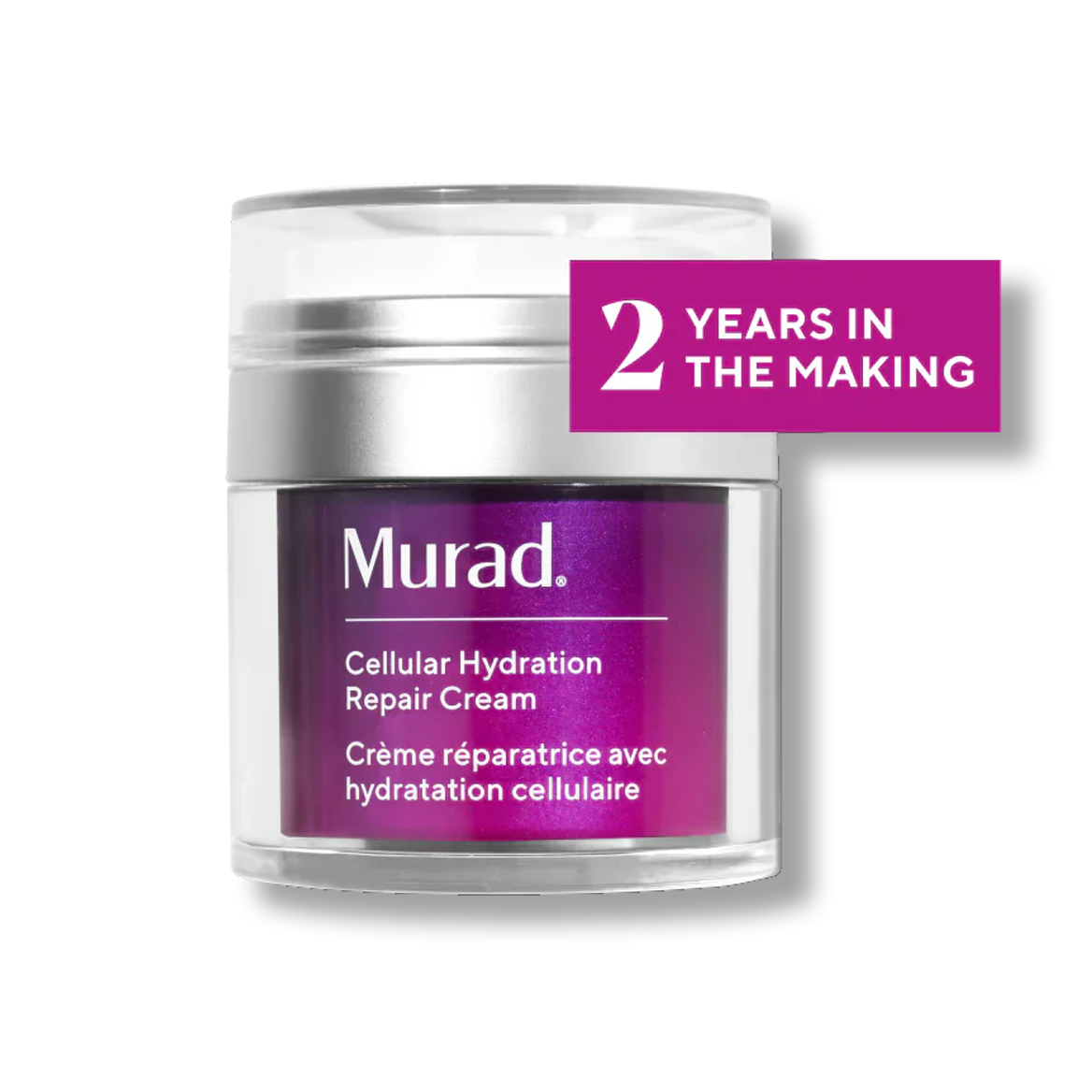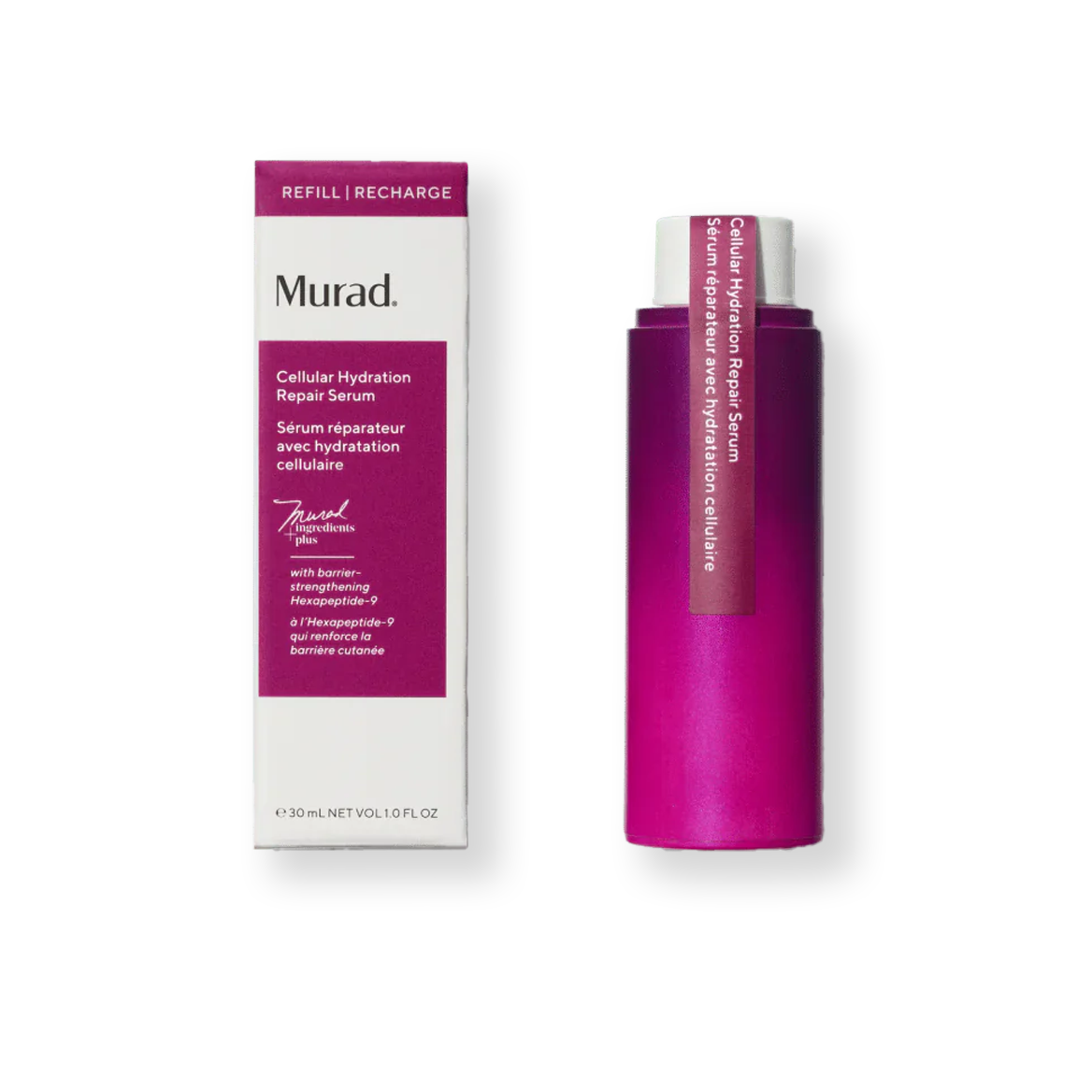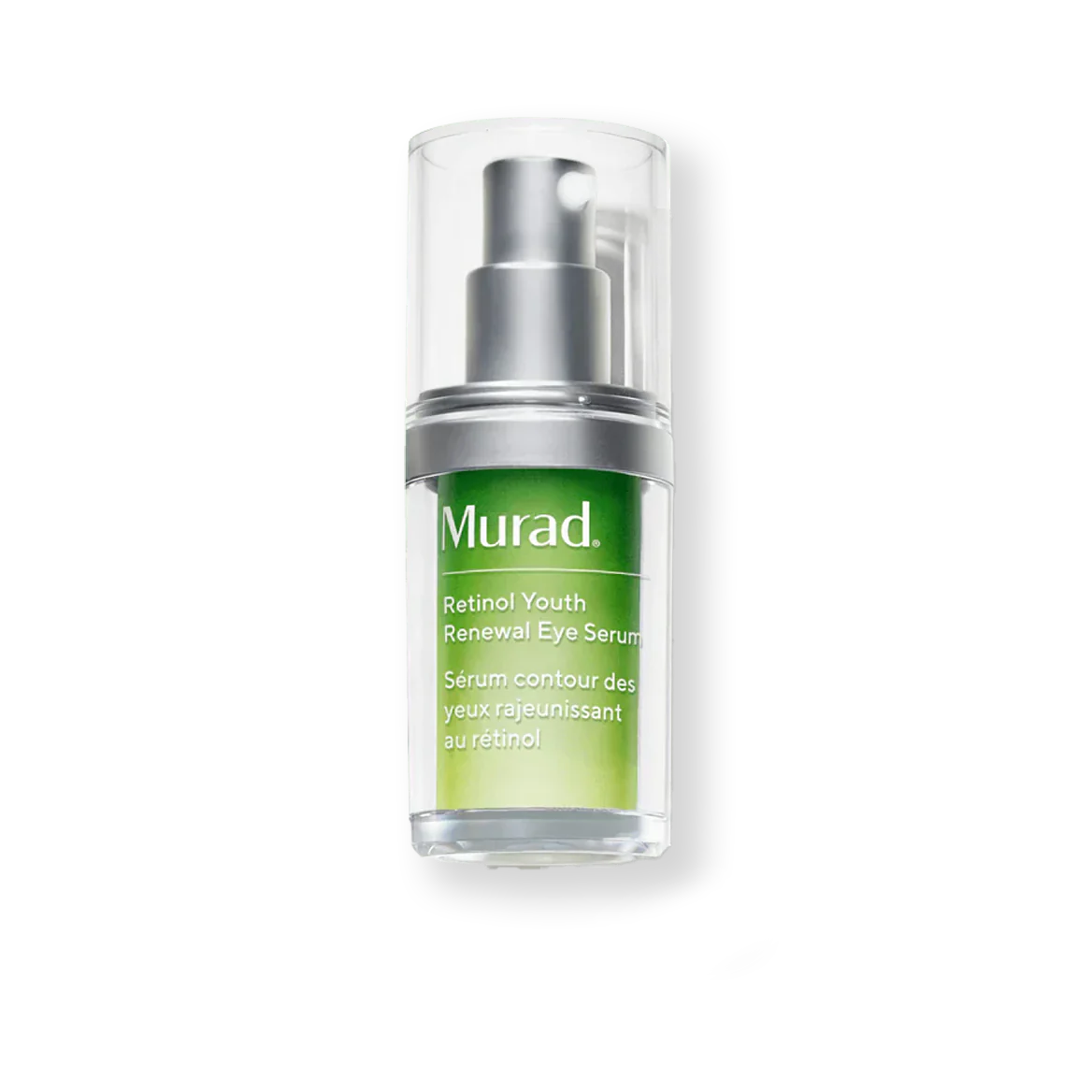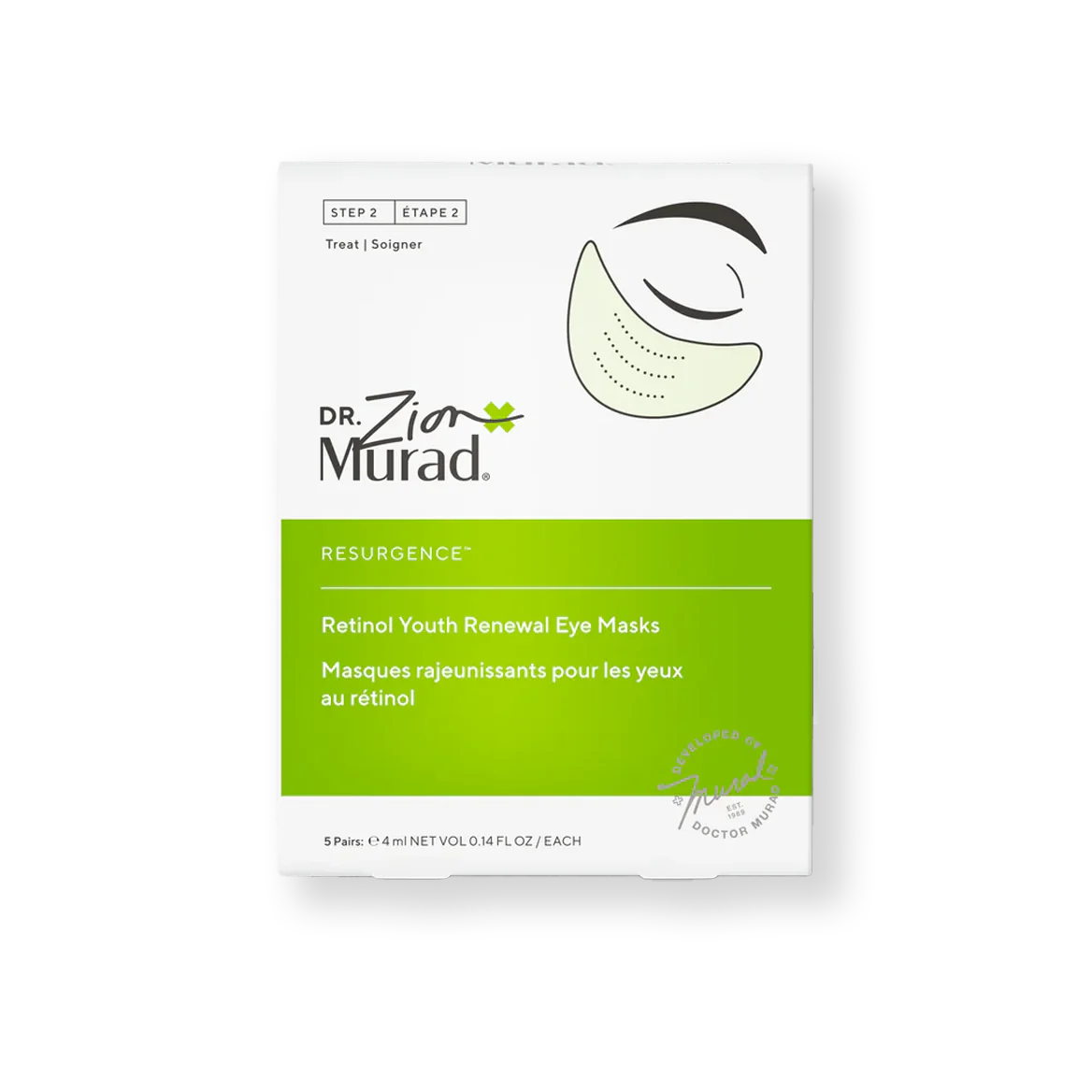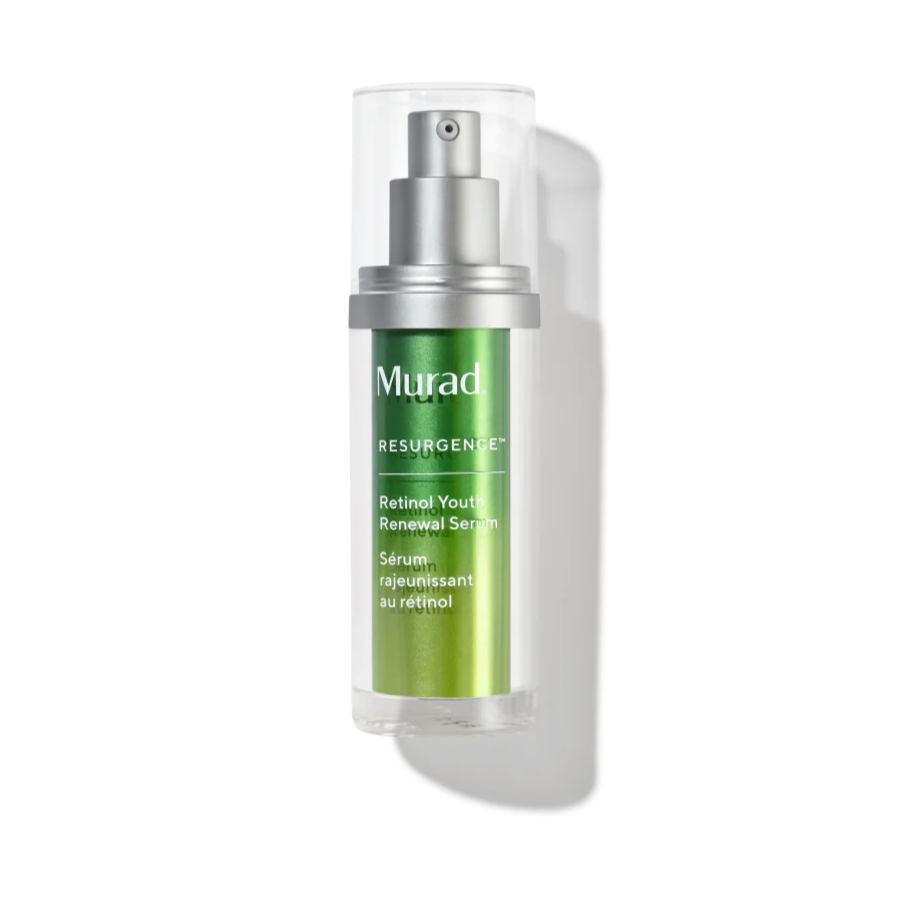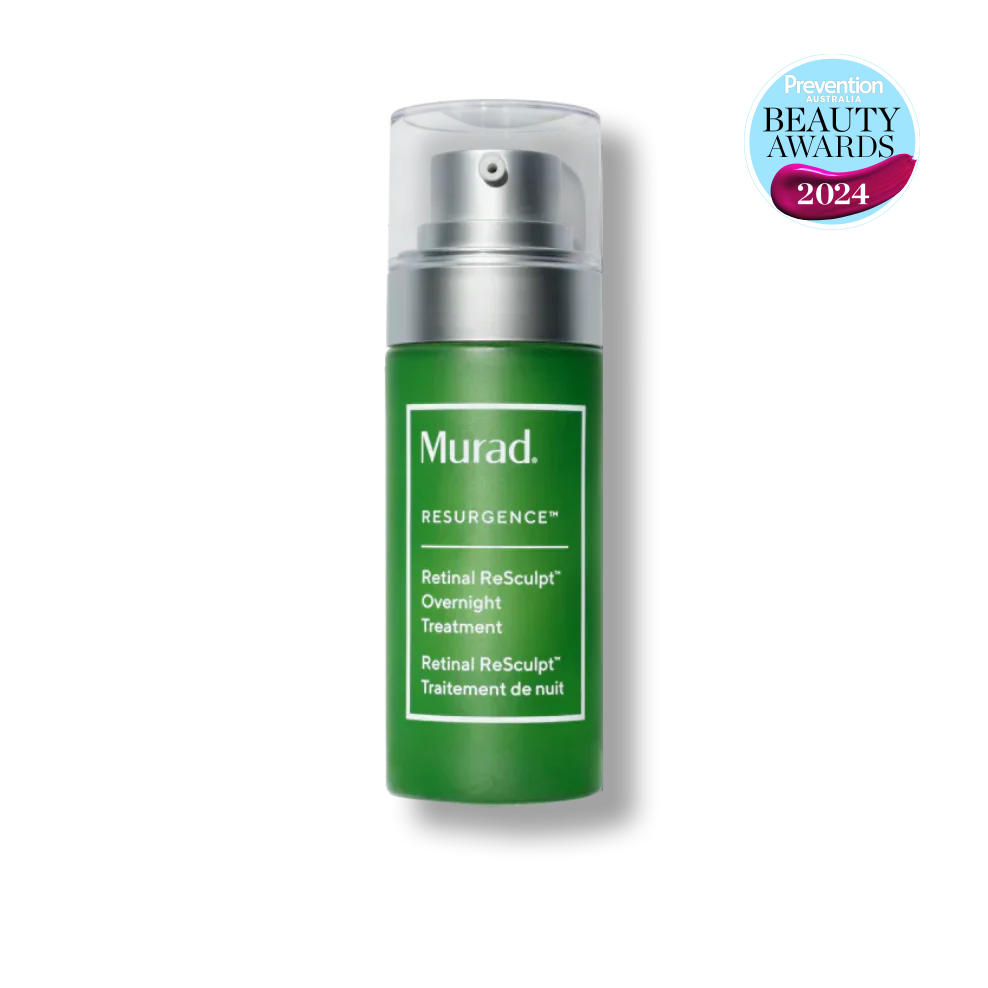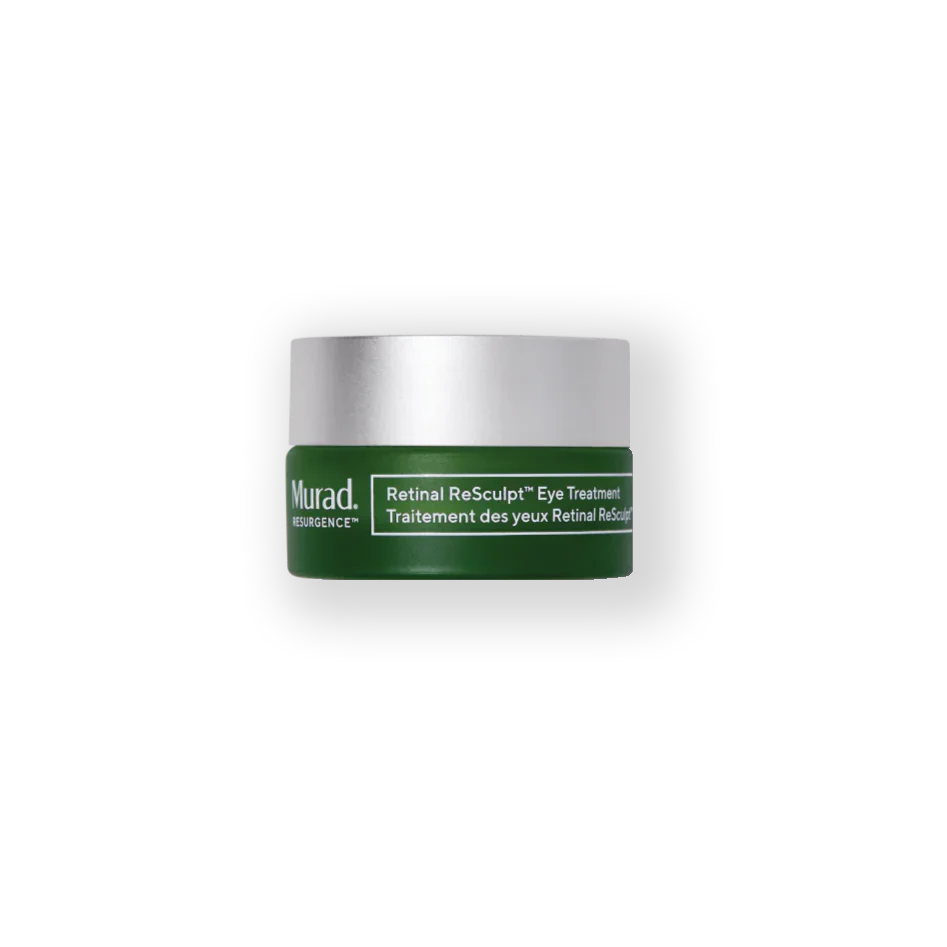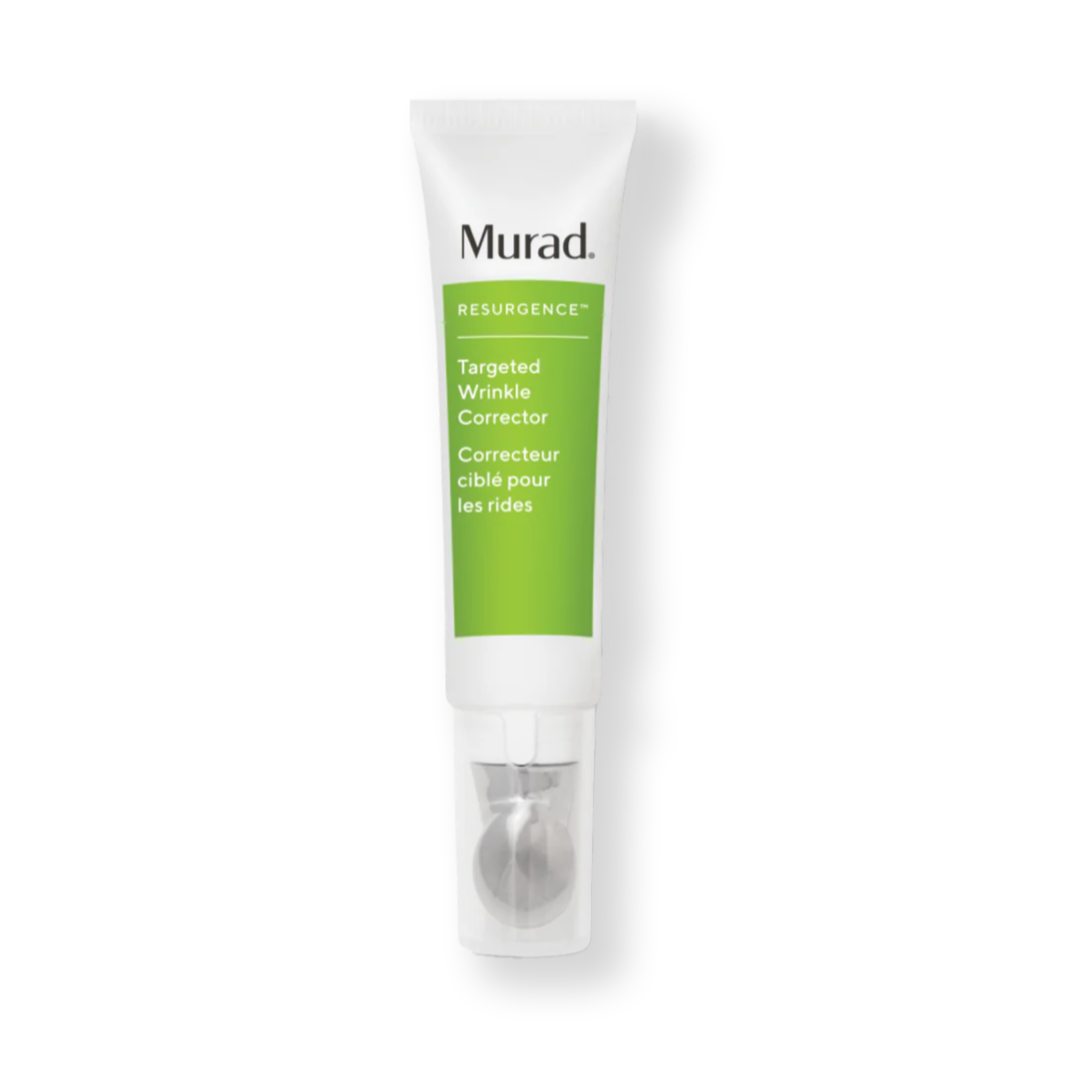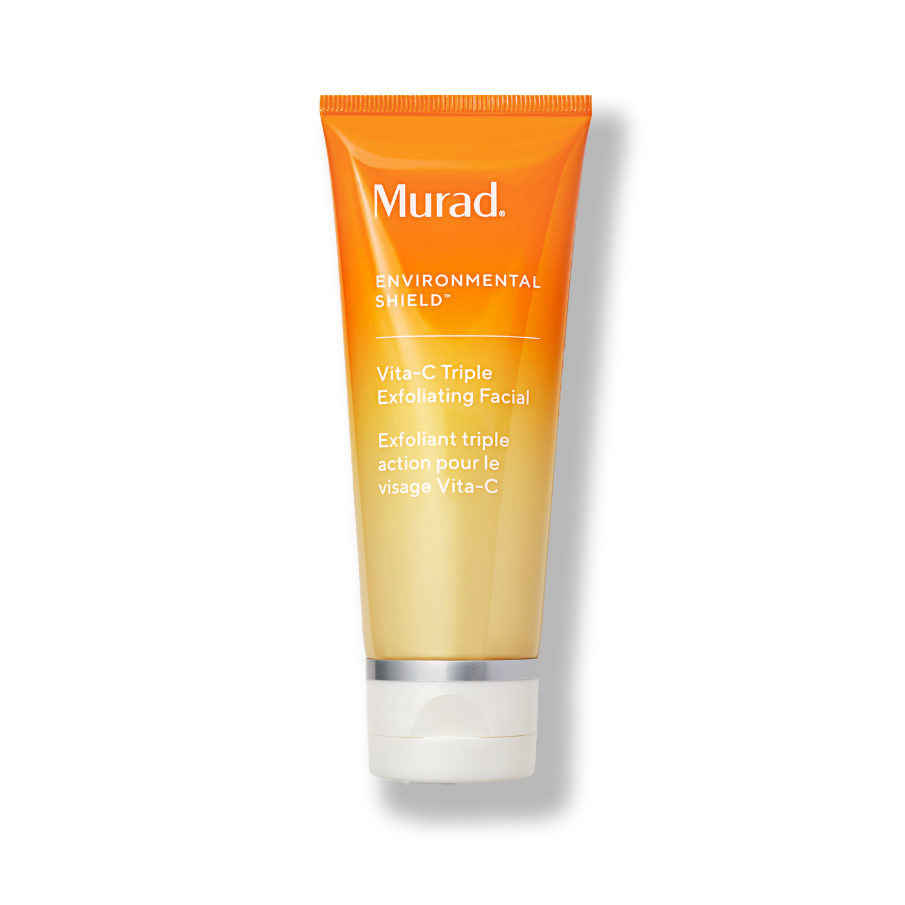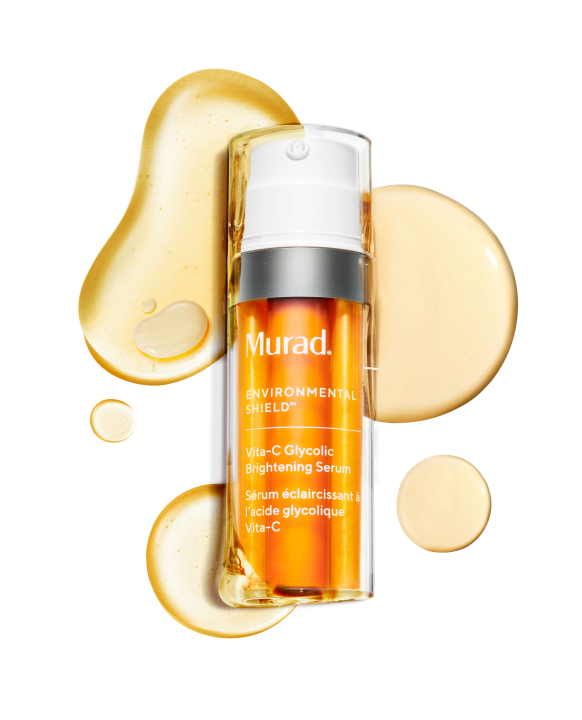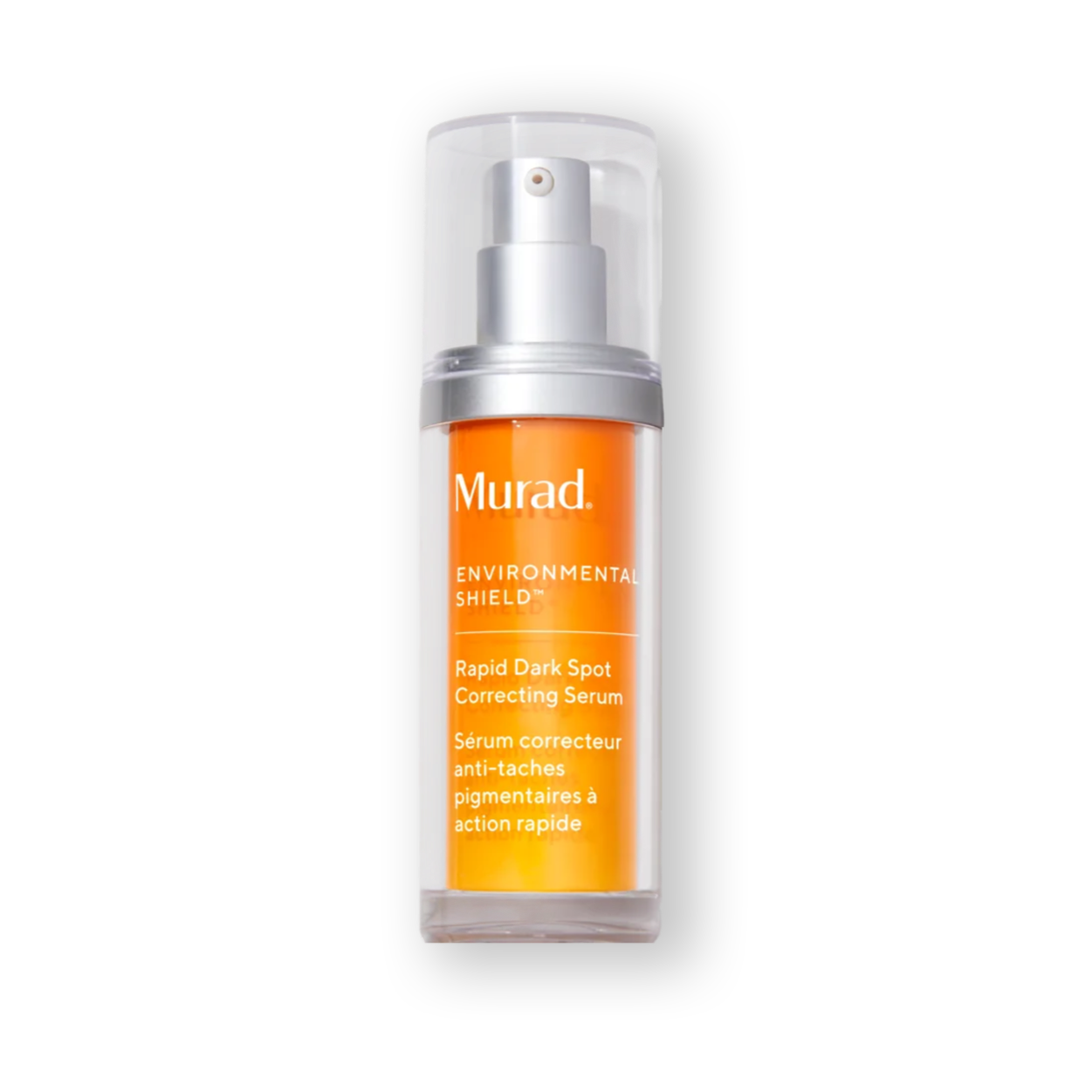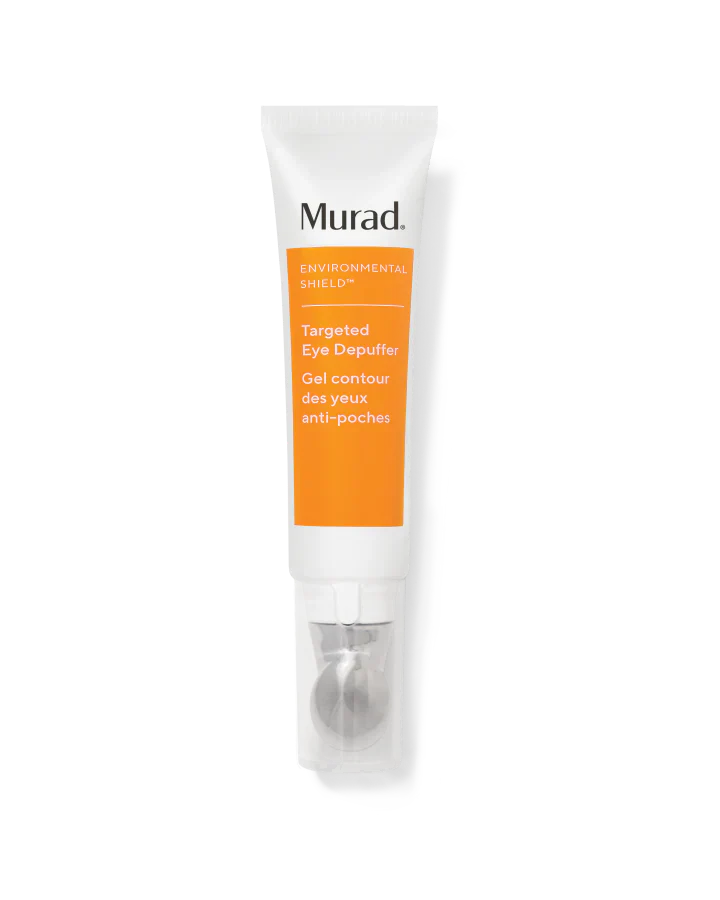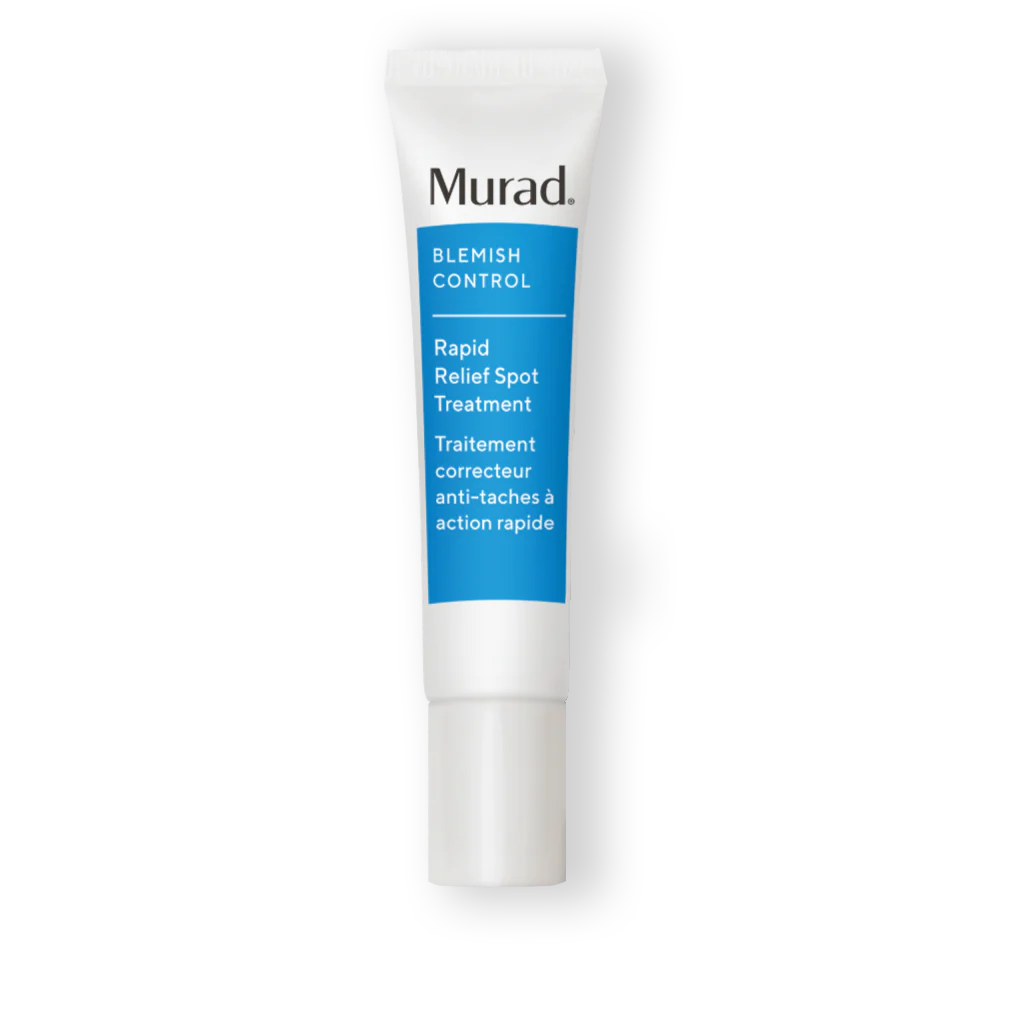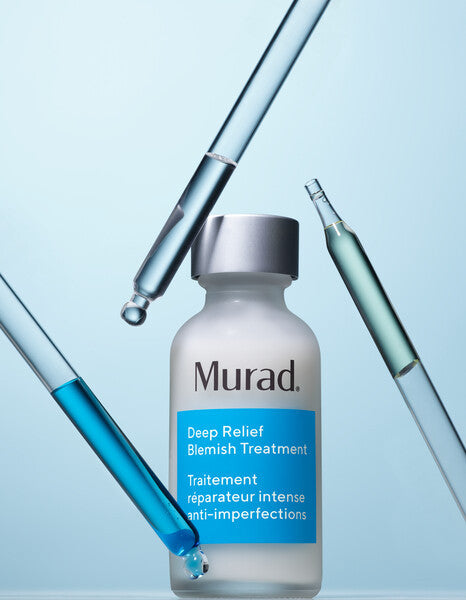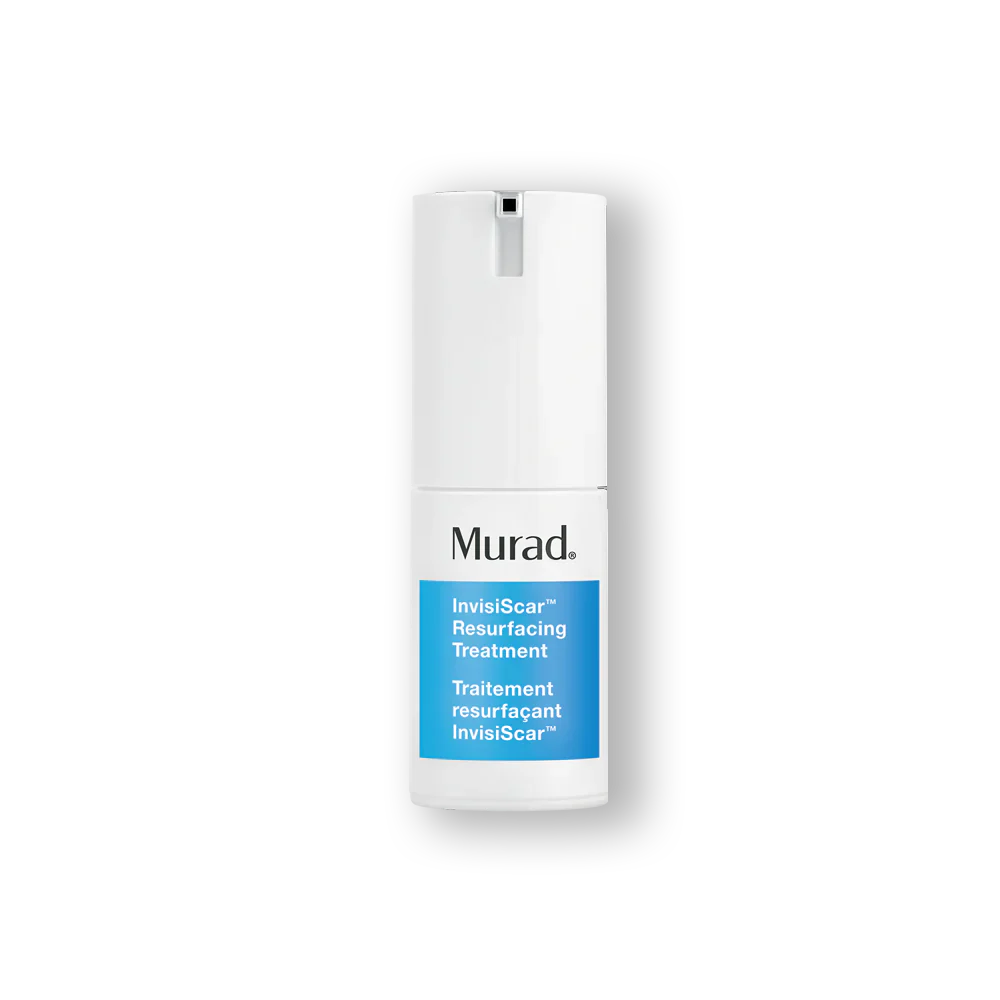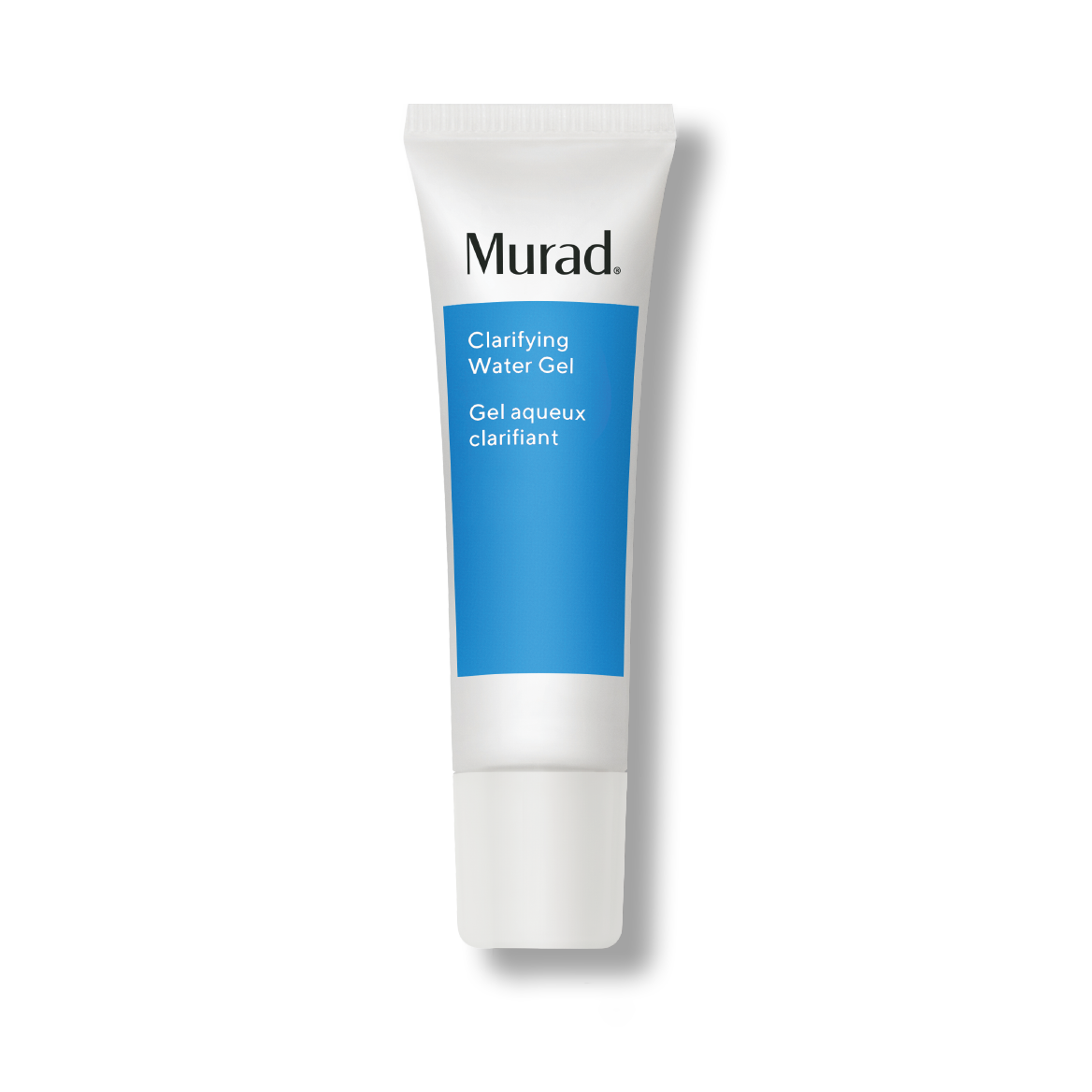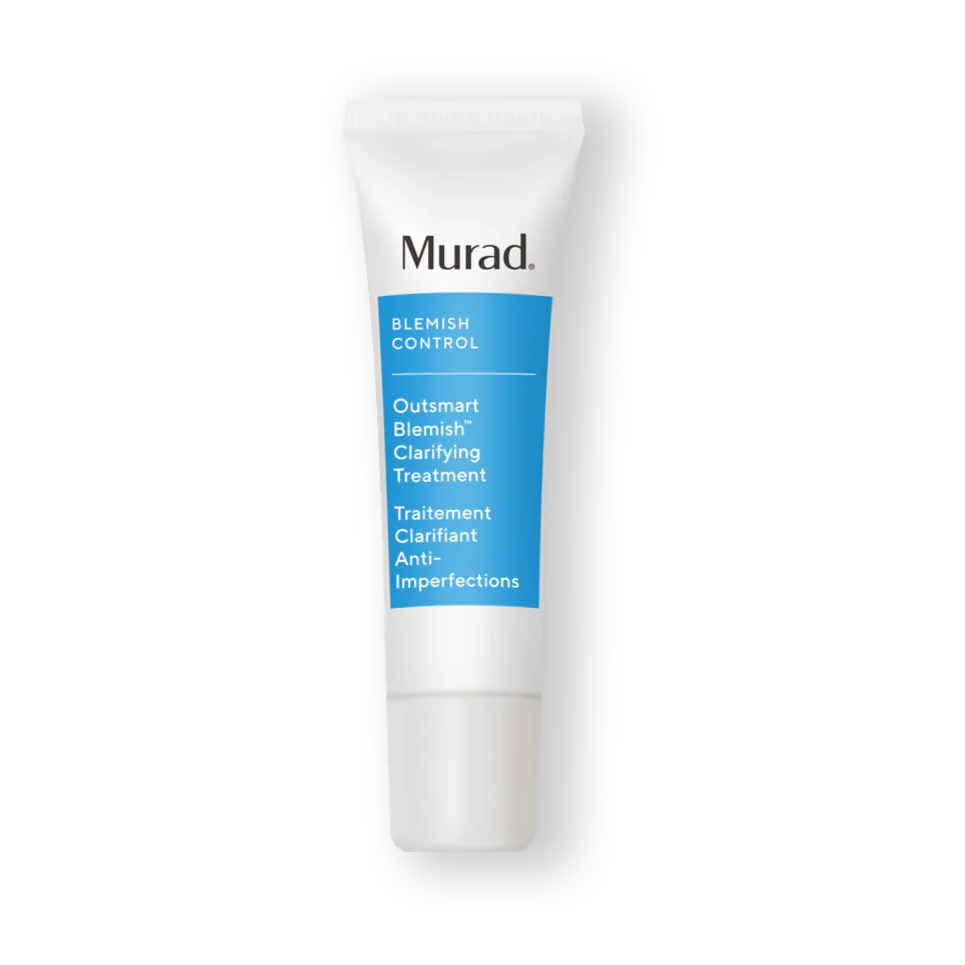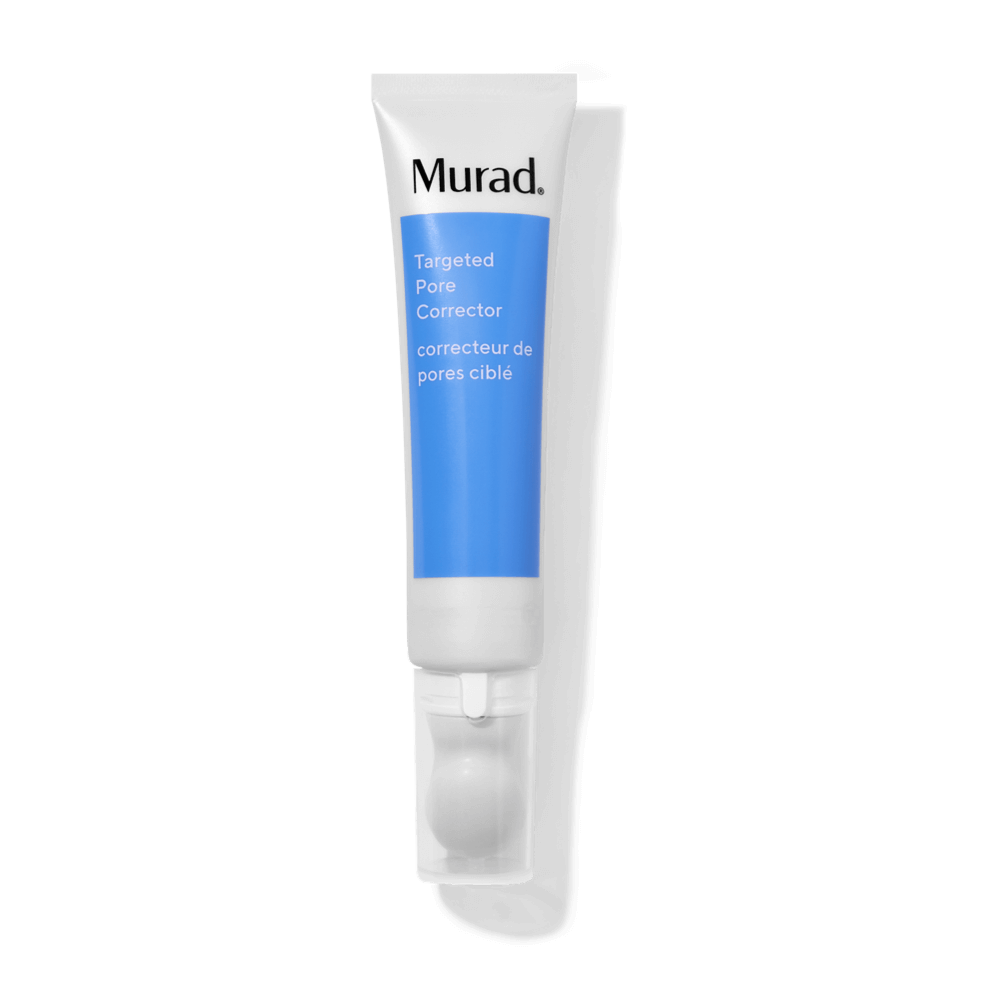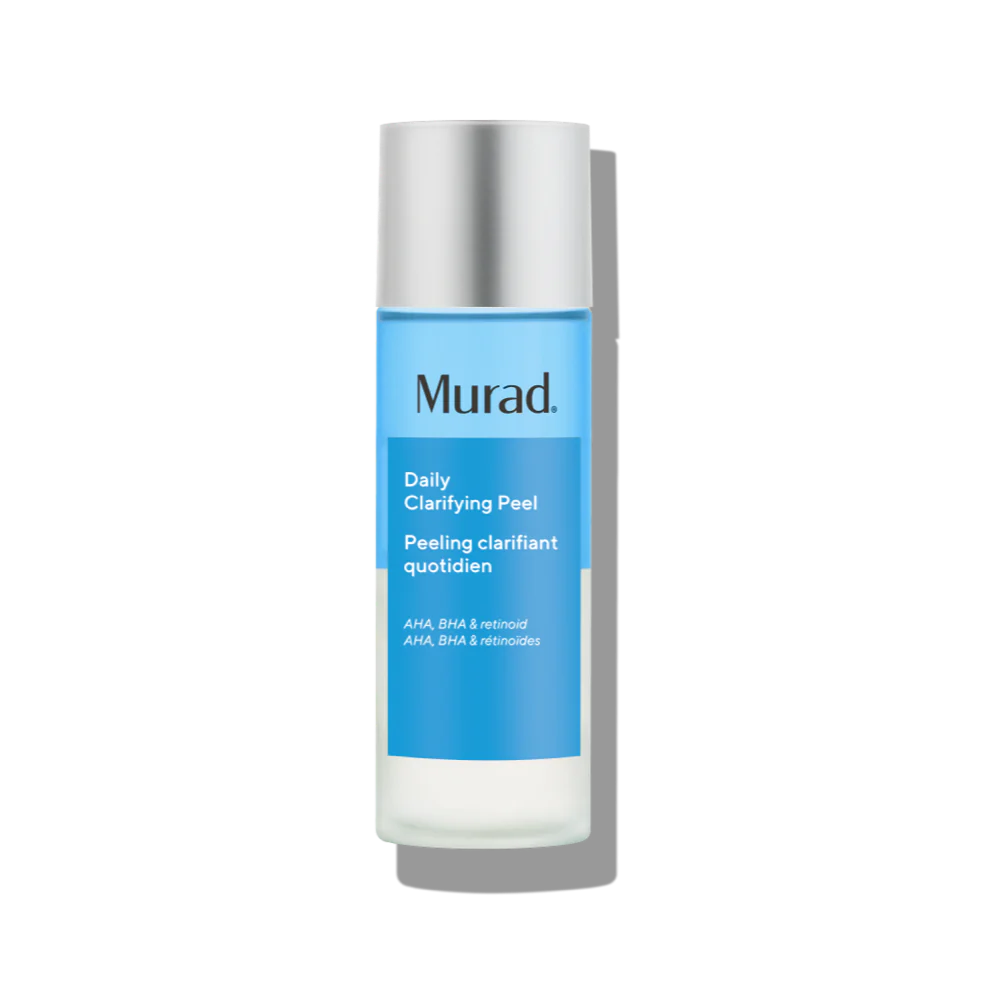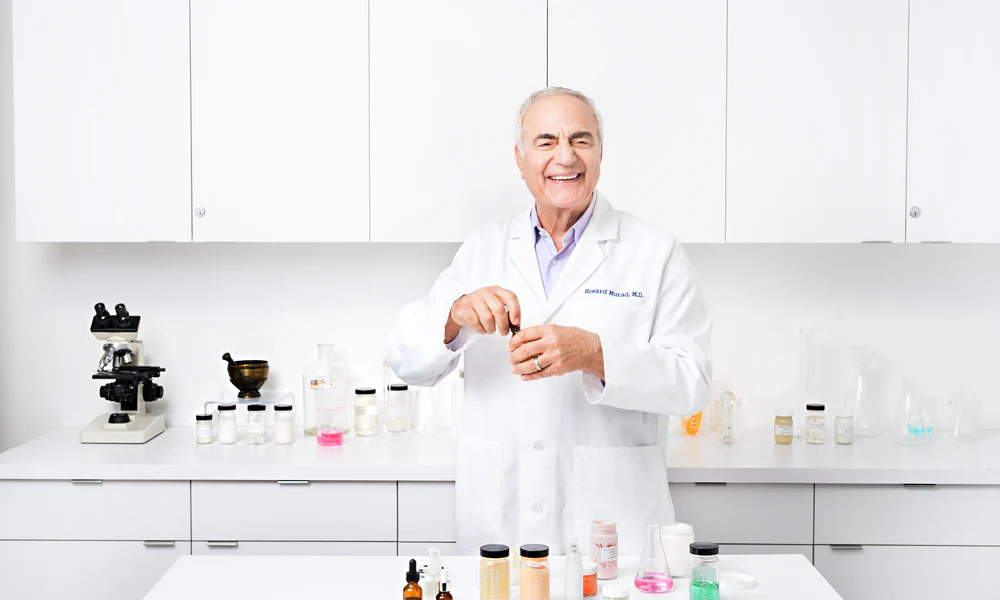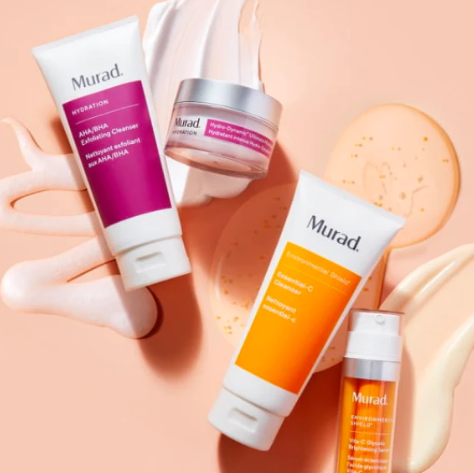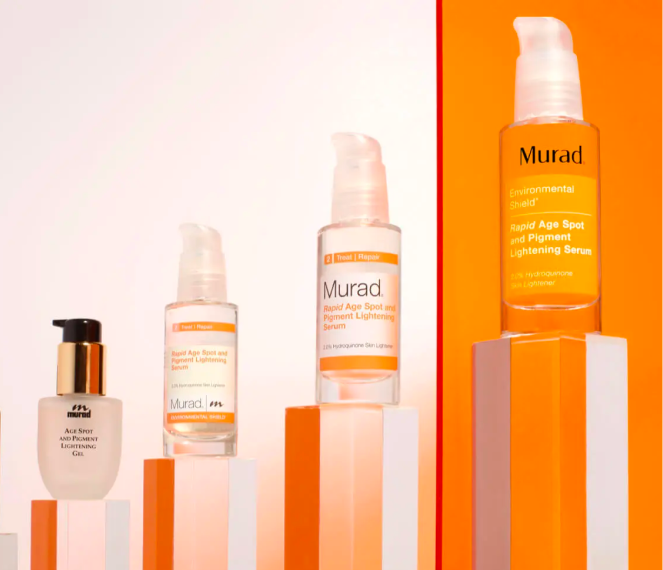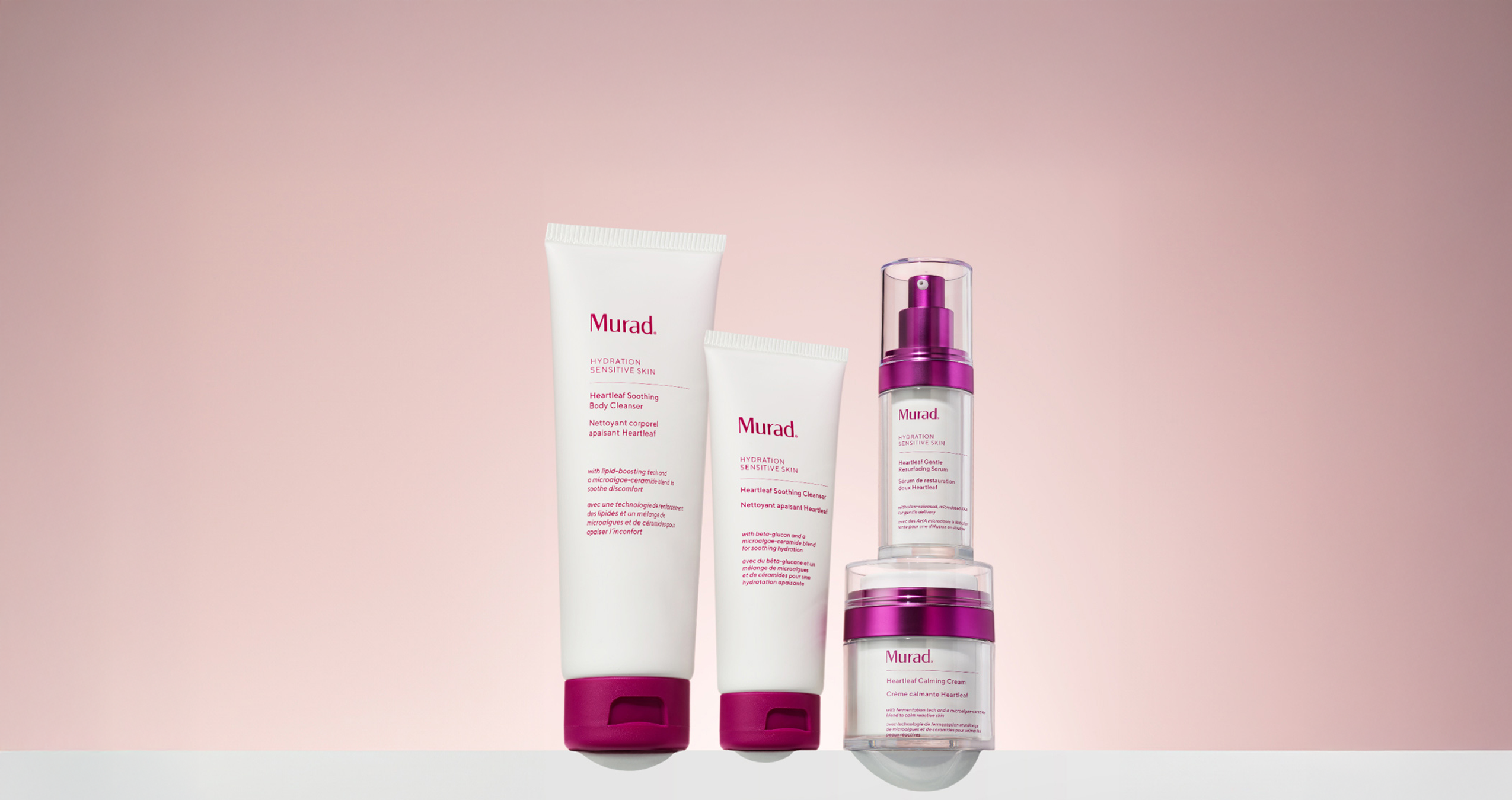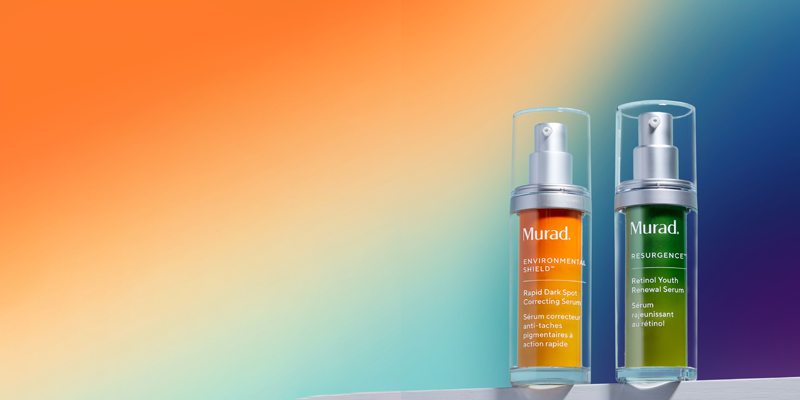Girls, guts, and glowing skin

Kellie Moore, ND, is the founder of Presh Health, a holistic medicine clinic that supports clients in preventing, reversing, and managing chronic disease through personalised lifestyle medicine, supplemented by nutraceutical, botanical, and hormonal therapies. Educated at the prestigious Bastyr University, she has completed additional training in functional medicine for women from Dr. Aviva Romm’s New Medicine for Women Institute, and training in environmental medicine from Dr. Walter Crinnion, ND. She is also a registered yoga instructor, trained in vinyasa, yin and restorative yoga, and leads health retreats in Hawaii, Washington, and elsewhere.
Dr. Murad: Why is gut health so important, particularly for women?
Dr. Moore: From a naturopathic perspective, the gut is at the center of the entire body in terms of health. It’s where we absorb our nutrients. It’s also one of our places where we come into contact with the external environment, as we do with our skin. So, we have protective mechanisms in our gut, just as we do in our skin. And we’re also starting to learn that we have this vast ecosystem in our gut that’s incredibly significant for health. It’s typically called the microbiome.
When we’re talking about women, one of the things that most distinguishes us from men is our hormones—specifically, estrogen. One of the important phases of estrogen processing occurs not only in our gut, but it involves our microbiome, making the gut an important part of hormone processing.
These functions—hormone processing, nutrient absorption, and protection from the external environment—which all occur in the gut, are fundamental for every other system in the body: cardiovascular health, respiratory health, mental health—all are affected by how well we can absorb nutrients and how much inflammation we’re carrying.
Dr. Murad: You mentioned that the gut is responsible for eliminating estrogen. Why is that significant?
Dr. Moore: After our body makes and uses estrogen, it sends it to the liver where it is broken down, kind of like waste in a wastewater treatment plant. The liver changes estrogen and it actually becomes more potent and, in some cases, more toxic, potentially even more proliferative or carcinogenic. Our liver then sends this processed estrogen into our colon to exit the body. If you’re constipated, however, it’s not exiting in a timely fashion. Those toxic estrogen metabolites are sitting there, where they can get recirculated through the body and have a potent estrogenic effect on your system. As a result, you may experience things like heavier bleeding, breast tenderness, and other symptoms that are associated with excess estrogen. So if you do not properly eliminate your estrogen through the gut, you will have symptoms of excess estrogen. The microbiome includes organisms that assist with that process or not, contributing to excess recirculation of estrogen and those estrogenic effects.
Dr. Murad: How would someone know if one’s gut is functioning properly and their microbiome is healthy? What are some of the symptoms that people should be aware of?
Dr. Moore: One of the most important clues is in your poop. Although poop is something we tend not to want to think or talk about, it’s a huge indicator of our health. The first guideline is to poop every day. Although a lot of conventional gastroenterologists won’t consider somebody constipated unless they’re not pooping every other day, old-school naturopaths used to believe that people should be pooping two or three times a day, having well formed, easy-to-pass bowel movements essentially after every meal. That requires eating a lot of fiber, much more than most people typically eat, so modern naturopaths are pretty happy if we can get people to poop once a day.
A healthy bowel movement is going to be well-formed like a log. It’s going to be pretty quick and easy to pass and easy to clean up from with no mucous, blood, or undigested food. If you’re having a bowel movement outside of that description, that’s an indication that your digestive system is not functioning as it should.
Nevertheless, people can have pretty decent bowel movements and still have imbalances in their gut that might cause symptoms like excessive bloating, gas, or abdominal pain. There are also some systemic symptoms like joint pain, brain fog, and skin rashes that can be related to imbalance in the microbiome or inflammation in the gut. So a complete absence of GI symptoms doesn’t necessarily mean that the gut microbiome is perfectly healthy. Sometimes there are more subtle symptoms associated with those imbalances. But for starters, if you’re not having normal bowel movements, that’s a clue that there’s something going on.
Dr. Murad: We hear a lot about “leaky gut.” What is a leaky gut?
Dr. Moore: I’m really happy that you asked that, because it’s something we’re really discovering the importance of as a scientific community. Essentially, the lining of our small intestine should be permeable, like cheesecloth, with very tiny openings that allow the smallest type of proteins and sugars through. I’m talking about single amino acids, single sugars. However, we’re finding that inflammation, even just alcohol or gluten consumption, will temporarily increase the permeability of the gut, allowing larger, not fully digested proteins, to pass through. Because we have a really strong immune system in the lining of our entire intestinal system, when larger proteins start being absorbed through our small intestine, our immune system reacts as if they were invaders. So with leaky gut, which is more properly called increased intestinal permeability or gut hyperpermeability, your immune system is exposed to food proteins, and it reacts to them as if they were pathogens. And that can create inflammation.
Dr. Murad: So it sounds as if a leaky gut is just one more way that our bodies can be in a state of chronic inflammation—which is the underlying cause of all degenerative diseases. Assuming that one doesn’t have any identifiable symptoms of gut imbalance, what would a good gut-healthy diet consist of?
Dr. Moore: When thinking about gut health and diet, I always advise people to be on the broadest diet possible. I don’t recommend eliminating foods unless you know they are problematic for your gut. I recommend eating foods as close to their natural state as possible: a whole form versus an ultra-processed form. You can judge that by how many ingredients are listed on the label. If you’ve got a paragraph of ingredients, that’s an ultra-processed food. The chemicals that end up in those processed foods, whether it’s food dyes or even the Roundup that’s sprayed on wheat and corn and soy, increase intestinal hyperpermeability and are damaging to our microbiome.
You want to understand that the food you put in your gut is impacting an entire internal ecosystem, and you want it to do so in a beneficial rather than negative way. Our gut microbiome has thousands of different species of organisms, so the more varied your diet is, the more varied that ecosystem will be. And just like in any other ecosystem, the more diverse it is, the more resilient it is. I actually recommend eating something like 30 different plants in a week. That can sound overwhelming until you remember that seeds and nuts, healthy grains, and herbs and spices, all count towards that total. So, to recap: eat a wide variety of whole foods, while limiting foods that you know are inflammatory or that increase gut hyperpermeability like alcohol and gluten.
Dr. Murad: Why is gluten problematic? Isn’t it just a protein?
Dr. Moore: There are several ways that gluten can bother our bodies, not least of all because non-organic gluten is heavily sprayed with Roundup, which can cause a host of health problems. It is also a very commonly eaten food, which means that when someone does have intestinal hyperpermeability, their immune system will come into contact with proteins from gluten and may form antibodies to those proteins, which can cause inflammation. This can happen with any commonly eaten food. Another issue with gluten is that it has a protein in it that will trigger a temporary widening of the spaces between the intestinal cells, making that tissue more permeable and exposing the immune system to more food proteins that it may end up creating antibodies against. In this way non-celiac gluten intolerance can both be a cause and a result of a hyperpermeable gut.
Dr. Murad: Your dietary recommendations sound a lot like the diet I recommend for my patients. And don’t forget: Chocolate is a plant. My favourite!
How is a healthy gut connected to healthy skin?
Dr. Moore: Our skin and our gut have a lot in common in that they’re both protecting our bodies from threats in the external environment. So, when there is an issue in the gut, you will often see it reflected in the skin. For example, inflammation in the gut may inflame the skin as eczema and rosacea. Deficient nutrient absorption can also affect skin health. Nutrients such as healthy fats and vitamins A, B, and D are all very important for healthy skin. So if you’re not putting those nutrients into your body, that’s one problem. But if you’re putting them in and you’re not absorbing them, then that’s another problem that will be reflected in your skin. Then there are hormonal imbalances, such as excess estrogen, that can result in skin issues like acne. Insulin sensitivity, which isn’t directly connected to the gut but can be impacted by our gut microbiome, can lead to conditions like polycystic ovarian syndrome (PCOS), one of the symptoms of which is often acne. As a naturopath, my perspective is that our bodies are always striving towards balance, but they need certain ingredients to do their jobs and they also need to have obstacles taken out of their way to function properly. The gut plays a role in both of these aspects of health.
Dr. Murad: Chronic inflammation is so pervasive that it’s often not even considered a condition until it ultimately results in disease. One of my concerns is the compounding factor of 24-hour stress that I call Cultural Stress because it’s such an unavoidable part of our culture. In my own practice, I’ve found that many skin conditions are the results of inflammation.
Dr. Moore: Yes, and it’s important to remember that inflammation is not bad per se. Inflammation is a defense mechanism, but it’s like fire, which isn’t a bad thing if it’s in a fireplace. It keeps the house warm. But when it gets out of the fireplace, or if it is burning out of control, that’s when it causes damage. Similarly, inflammation is how our body defends itself against pathogens. It’s part of healing. But when it’s constantly present, it damages tissue. And over time, that can lead to symptoms and disease. And yes, inflammation is at the root of all chronic diseases.
Dr. Murad: As women approach menopause, they often become more aware of how hormones are affecting their health, but why should what younger women also pay attention to hormone health?
Dr. Moore: It’s so important because oftentimes, when younger women start to experience hormonal imbalances, they’ll go to their doctor, who will suppress the symptoms, rather than address the cause. They’ll prescribe birth control and painkillers to alleviate painful menstrual symptoms. Yet our menstrual cycle and its associated signs and symptoms are actually a reflection of the health of our whole body. It’s so important that menstrual health is actually considered a sixth vital sign by the American College of Obstetricians and Gynecologists.
So, if a young woman is having menstrual migraines, or heavy bleeding, or gets diagnosed with PCOS, you can suppress those symptoms, but that doesn’t treat the underlying cause, which will continue to cause problems behind the scenes. PCOS is a hormonal disorder that is often associated with difficulty conceiving. A young girl who is diagnosed with PCOS would be better served by understanding why those symptoms are occurring so that she can address them and then potentially have an easier time achieving a pregnancy later in life if that’s something that she wants. Not to mention, PCOS is a metabolic disease at its root that can lead to diabetes, heart disease, and depression. Its cause should be addressed, not merely its symptoms.
Something we need to be more and more concerned about is that women and girls can experience symptoms of hormonal imbalance that are not resulting from endogenous (internal) hormone production. They’re being influenced by exogenous endocrine-disrupting hormones in our environment. A lot of them mimic estrogen. They bind to our estrogen receptors, and they can block those receptors from receiving our own estrogen. They can have a more potent estrogenic effect, and they can damage our estrogen receptors. So, just ignoring that, or treating the symptoms, doesn’t resolve the problem, which can lead to long-term chronic disease.
Dr. Murad: So, how would you advise a young woman who comes to you with some kind of menstrual imbalance, generally speaking?
Dr. Moore: From a holistic perspective, there are three legs to the hormone health stool. One is liver health. Another is blood sugar balance and nutrient input. And the third is gut health and the health of the microbiome. These are the things I check whenever anyone has a hormonal condition: liver health, the body’s ability to manage blood sugar imbalances, and gut health.
Dr. Murad: I’ve read that our microbiome tends to decline as we age and we might need to supplement it. Is that true? If so, how do we ensure that we’ve got enough of a diverse, healthy biome in our gut?
Dr. Moore: Our microbiome is most susceptible to change in the very early years of our lives, and then in our later years. Through most of childhood and adulthood, it’s fairly stable, but as we age, it tends to become less diverse and to have a higher prevalence of inflammatory organisms. But our microbiome can also change if it has a significant assault, such as multiple rounds of antibiotics, or significant stressors, which can cause it to be modified.
I like to think of the microbiome as an old growth forest. It can tolerate certain amounts of change, but if it’s clear-cut, then the whole ecosystem is kind of up for grabs. So, yes, as we age, our microbiome can become less diverse. And really, we have very few tools for addressing it. It’s not like a garden in the sense that we can have complete control over what we plant there and grow in it. We can only impact the ecosystem very indirectly with various probiotics; however, they’re pretty effective. And, though you can’t micromanage your microbiome, you can help it to tend in a beneficial direction by taking beneficial probiotics and including plenty of prebiotic fiber in your diet. Prebiotic fiber is what feeds the bacteria and, again, that comes from plants. And that goes back to eating as wide a variety of plants as possible to feed as many species of gut bacteria as possible, and then avoiding foods, such as ultra-processed foods, that are going to be damaging to the microbiome.
Dr. Murad: Thank you. I was gratified to read that your own medical practice heavily emphasises the importance of connection, which happens to be one of my own four Pillars of Modern Wellness. Can you tell us more about why connection is so important?
Dr. Moore: Yes, I love sharing this because it is so important. In fact, loneliness creates a greater risk for heart disease than smoking. It’s something that we don’t think about as a stressor, but it is a stressor. Humans evolved as tribal species and when we feel alone, it is actually a signal to our bodies that we’re unsafe and we need to be back with our tribe.
I like to think about connection in terms of three categories: connection to community, connection to nature, and connection to our own self, our own values. We typically think about health as involving things like diet, exercise, and sleep. These are all important ways to address our physiological needs. But connection to community, to nature, and to self are psychological needs, which are just as important as physiological needs for optimal health. When any of those are out of balance, or lacking, they impact our mental health, and our mental health impacts our physical health in multiple different ways.
When our need for connection is not adequately filled, our body perceives this as stress, which triggers our nervous system into its “fight, flight, or freeze” mode, which makes it harder to heal, repair, and maintain health. So the more chronic stress we have, the higher our stress burden, the more susceptible we are going to be to both acute and chronic diseases over time. That in a nutshell is why connection is so important. Not just connection to other people, but also connection to the natural world, and connection to living in alignment with our own values.
DISCLAIMER: The information provided on this site is intended for your general knowledge only and is not a substitute for professional medical advice or treatment for specific medical conditions. You should not use this information to diagnose or treat a health problem or disease without consulting with a qualified healthcare provider, who should also be consulted with any questions or concerns you may have regarding your condition.

